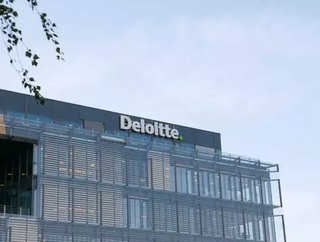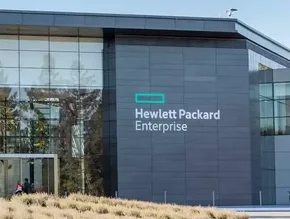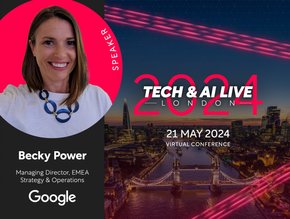Deloitte: Workforce Conflicted on AI and Tech Replacing Jobs

Technology and AI are playing a major role in the ongoing debate over the future of work. With AI already creating a new division of labour between humans and machines, the World Economic Forum (WEF) predicts that increased AI and automation will disrupt 85 million jobs globally before 2025 – and create 97 million new job roles.
On this topic, Deloitte has released the latest iteration of its Global Human Capital Trends, uncovering tension in how workers view AI and technology's role in the future of work: with 70% saying they are open to offloading work to AI to free up time and boost creativity.
But with technologies like generative AI (Gen AI) set to cause employee’s roles to shift away from ideation and creation to review and refinement, almost one-third (28%) of respondents to Deloitte’s study said they worry about technology threatening their jobs.
“As technology and cultural shifts reshape work and the workplace, it's our human capabilities and outcomes that remain at the heart of growth and innovation,” comments Dan Helfrich, Chair and CEO at Deloitte Consulting LLP. “Leaders, many of whom are already aware of this, should now turn this understanding into actionable strategies. This latest Global Human Capital Trends research can serve as a roadmap for organisations to dismantle siloes and traditional constructs and move towards collaborating with their workforce to enhance human performance.”
Deloitte: Organisations must close ‘innovation deficit’ when it comes to adopting technologies like Gen AI
Deloitte’s report, ‘Thriving Beyond Boundaries: Human Performance in a Boundaryless World,’ identifies seven trends that showcase how a combination of business and human outcomes plays a role in organisational success. The analysis reveals that organisations making meaningful progress on these key issues – from what it describes as human sustainability to bridging the gap from knowing to doing – are nearly twice as likely to achieve desired business and human outcomes.
One of the specific challenges highlighted in Deloitte’s report is the rapid advances of AI and Gen AI technologies, which are putting a spotlight on the importance of balancing human skills with the benefits offered by technology.
With 71% of executives are planning to use Gen AI in advancing their workers’ human skills such as creativity and curiosity, most (73%) respondents note ensuring human imagination keeps pace with technological innovation is important, but a mere 9% are making meaningful progress toward achieving that balance.
To close the imagination deficit, Deloitte says that organisations should encourage innovation through digital playgrounds — which give workers the psychological safety to explore intentionally, tapping into their capabilities as they experiment with new technologies.
“While organisations grapple with a myriad of challenges, a fundamental shift they should embrace is putting humans back at the centre of work — after all, it is humans, more than any physical assets, that drive business performance,” explains Art Mazor, Global Human Capital Practice Leader and Principal at Deloitte Consulting LLP. “To achieve this, leaders should focus less on how much people benefit their organisation and more on how much their organisation benefits people.”
******
Make sure you check out the latest edition of Technology Magazine and also sign up to our global conference series - Tech & AI LIVE 2024
******
Technology Magazine is a BizClik brand
- Globant to Drive Formula 1’s Digital TransformationDigital Transformation
- HPE: Businesses Must Tackle Blind Spots in AI StrategiesIT Procurement
- Microsoft & Alphabet: AI and Cloud Strategy Driving SuccessIT Procurement
- Dell Technologies: Firms Expect AI to Transform IndustriesAI & Machine Learning






